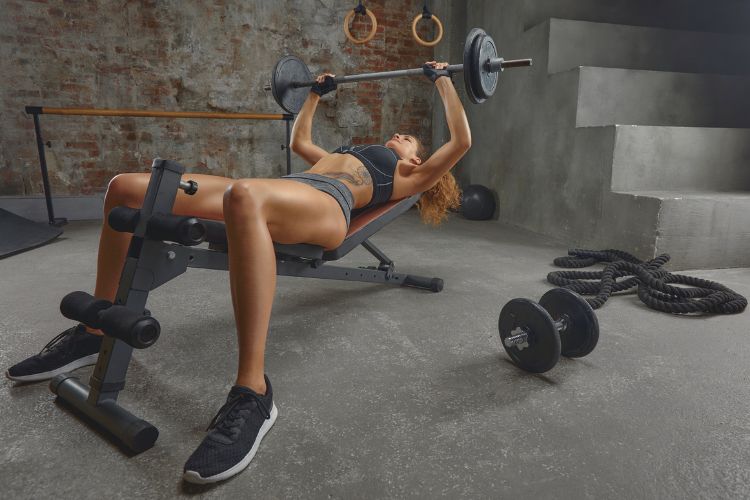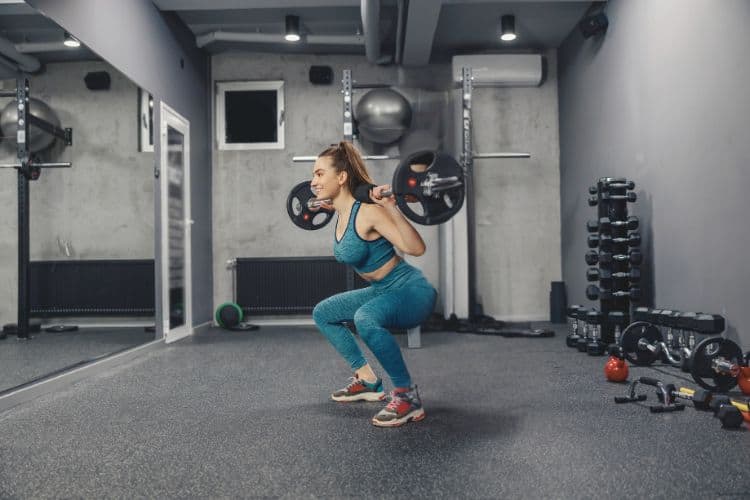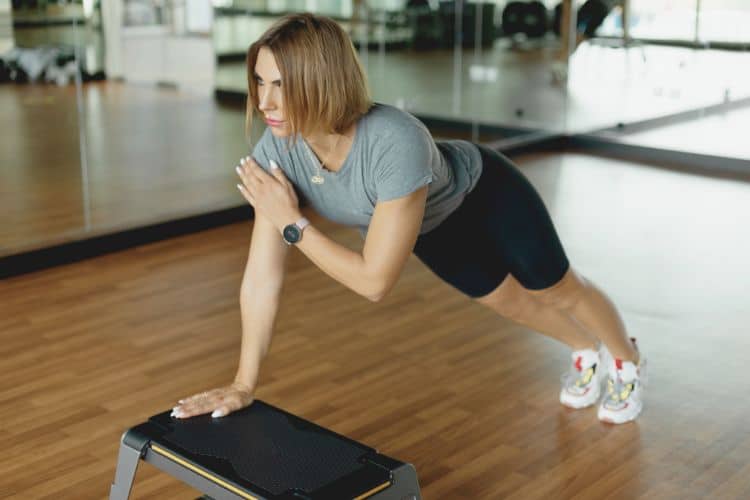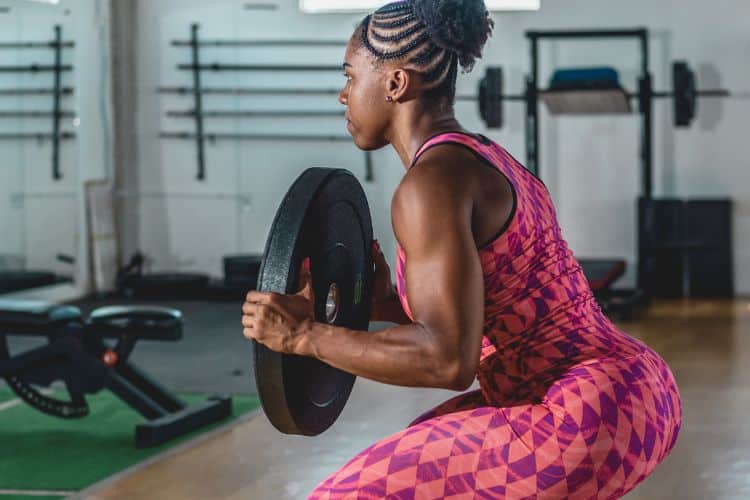Sign up for workout ideas, training advice, reviews of the latest gear and more.






Muscular power is a vital component of overall physical fitness. Despite the myths and misconceptions, weight training and power-focused exercises aren’t just for bodybuilders or men. Women can also reap significant health benefits from incorporating strength and power exercises into their routines. The focus here is not on building bodybuilder-like physique, but rather on enhancing overall body strength and conditioning to improve the quality of daily life.
To begin, let’s demystify what muscular power actually entails. It’s the combination of strength and speed, representing your body’s ability to perform high-intensity, quick movements like lifting a heavy object or jumping high. Muscular power contributes to activities we perform daily, such as carrying groceries, lifting children, or running to catch a bus.
As women, our bodies naturally have less muscle mass compared to men. This doesn’t mean that strength and power training is less relevant; it only emphasizes the need for it more. By focusing on muscular power, we can:
Prevent Bone and Muscle Loss: Women are more prone to osteoporosis due to the rapid loss of bone mass after menopause. Resistance training can help increase bone density and decrease the risk of fractures.
Improve Body Composition and Metabolism: Lean muscle mass burns more calories, even at rest, than fat. Increasing muscular power helps enhance metabolism and aids in weight management.
Boost Functional Fitness: Enhanced muscular power improves performance in daily activities, reducing the risk of injury from lifting heavy objects or falling.
Foster Emotional Well-being: Power training, like other forms of exercise, promotes the release of endorphins — ‘feel good’ hormones. Regular exercise helps in stress management and improves overall mood.
Convinced yet? Now, let’s look at ways to incorporate power training into your fitness regime:
Weight Training: Weight training is not about bulking up. When done correctly, it strengthens and tones muscles. Include exercises like deadlifts, squats, lunges, and bench presses in your routine. Aim for 2-3 days a week, and remember, consistency is the key.
Plyometrics: Plyometric exercises involve quick, explosive movements and are excellent for developing muscular power. Try incorporating box jumps, burpees, or plyo push-ups into your routine.
High-Intensity Interval Training (HIIT): HIIT combines periods of high-intensity exercise with rest intervals. It’s great for building endurance and power. A typical HIIT session can range from 10 to 30 minutes and includes exercises like jumping jacks, mountain climbers, or kettlebell swings.
Remember, it’s essential to warm up before starting any workout to prevent injuries and to cool down afterward to aid recovery.
Unfortunately, the perception of women lifting weights or focusing on power training is often clouded with misconceptions. Here are some facts:
Myth: Women will bulk up if they lift weights. Fact: Women typically have less testosterone, a hormone responsible for muscle size, than men, which makes it harder for women to bulk up.
Myth: Cardio is the best way to lose weight. Fact: While cardio is important for heart health, power training can enhance your metabolic rate and help you burn more calories, even at rest.
Myth: Older women shouldn’t lift weights. Fact: Strength training is beneficial at any age. In fact, older women can greatly benefit from resistance training to combat age-related muscle and bone loss.
Muscular power is an essential part of a well-rounded fitness regime for women. It aids in bone health, improves body composition, enhances functional fitness, and contributes to emotional well-being. Dispelling myths and misconceptions about women and power training can encourage more women to include strength and power exercises in their routines.
Remember, everyone starts somewhere. The journey towards muscular power is not a race but a consistent commitment to your health and well-being. The process is gradual and requires patience, but the rewards are worth the effort. Regardless of where you are in your fitness journey, there is never a wrong time to start focusing on muscular power. Your body will thank you for it.
Stay up to date on the latest women’s health, fitness and lifestyle trends and tips.